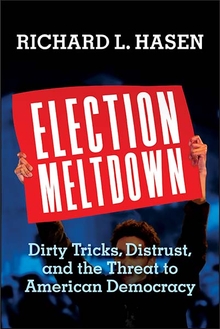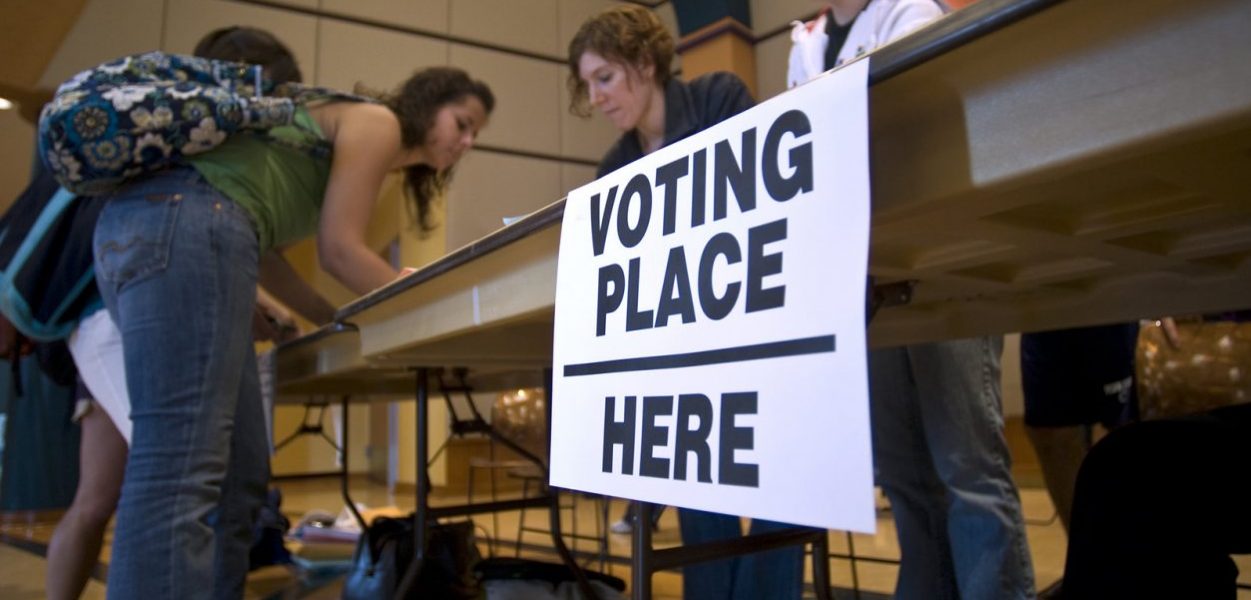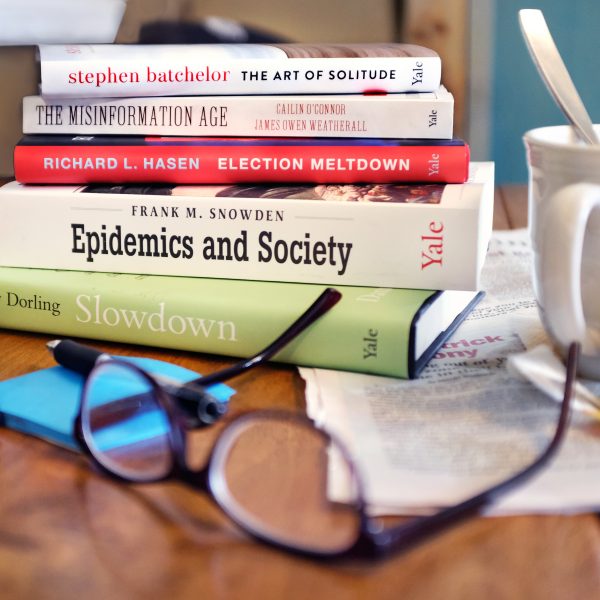Combatting Voter Suppression
Richard L. Hasen—
The media often frame the voting wars as a stalemate between claims of voter fraud and voter suppression, but it is time to declare the battle over. The issue of organized voter fraud has now been put to the test in courts and in social science, and there is no proof that it is any kind of serious problem in the United States. Just as important, the few categories of fraud that occasionally affect election outcomes, such as absentee ballot fraud, have not been the target of voter suppression efforts like voter ID laws and overly aggressive voter roll purges.
On the other side of the ledger, there is no longer a question that some laws making it harder to register and vote serve no legitimate purpose and are motivated by an attempt to suppress (usually Democratic) turnout. Some of these laws seem to have little or no effect, despite occasional hyperbolic statements to the contrary, and their opponents should be careful to avoid making excessive claims in the absence of good evidence. Other laws, such as Kansas’s law requiring documentary proof of citizenship, can disenfranchise tens of thousands of voters. Either way, states should have no ability to make it harder for eligible voters to register and vote without coming forward with very strong reasons.
Scholars, lawyers, and those in the public sphere must continue to speak out against voter suppression laws, even at the risk of being labeled “raw enemy activists” who would permit voter fraud to run rampant. The voter fraud shibboleth should no longer be accepted in polite conversation as just one side of a two-sided debate. It is a sham perpetrated by people who should know better, advanced for political advantage.
Courts remain open to claims against harsh voting rules, and it appears, at least for now, that they will reject some but not all of the most blatant suppression attempts that serve no legitimate purpose. The courts blocked Kansas’s law, but they allowed North Dakota to put in place a “residence address” requirement for voter identification that seemed plainly calculated to make it harder for Native Americans to vote. As the Supreme Court becomes dominated by conservative justices, especially justices who seem willing to countenance President Trump’s partisan impulses on issues like the Muslim travel ban or the citizenship question on the 2020 census form, efforts to stop many of these laws under the Voting Rights Act and other federal statutes face increasingly uphill climbs.
With judicial recourse likely to be partially effective at best, many of these battles will have to be fought in state legislatures and, in states that allow it, through voter initiatives. Democrats have learned that campaigning on voter suppression works, for the simple reason that people are offended by efforts to make it harder for them or their friends, relatives, and allies to vote. Voting rights has become a political issue like health care or climate change. The shift toward Democrats in states such as North Carolina was partially a reaction to Republican legislative overreach on voting rules and procedures. The issue of voting rights has caused people to take to the streets, as North Carolina residents did in their “Moral Mondays” marches.
Lawsuits and political organizing must go hand in hand in combating rules aimed at trying to make it harder to register and to vote. Unless and until the Republican Party again becomes willing to compete for the votes of minority voters rather than suppress them, Republican-led state and local governments will be continually tempted to pass laws making voting and registration harder.
From Election Meltdown by Richard L. Hasen. Published by Yale University Press in 2020. Reproduced with permission.
Richard L. Hasen is Chancellor’s Professor of Law and Political Science at the University of California, Irvine. In 2013 he was named one of the 100 most influential lawyers in America by the National Law Journal, and his previous books include Voting Wars, Plutocrats United, and The Justice of Contradictions.
Further Reading:



























